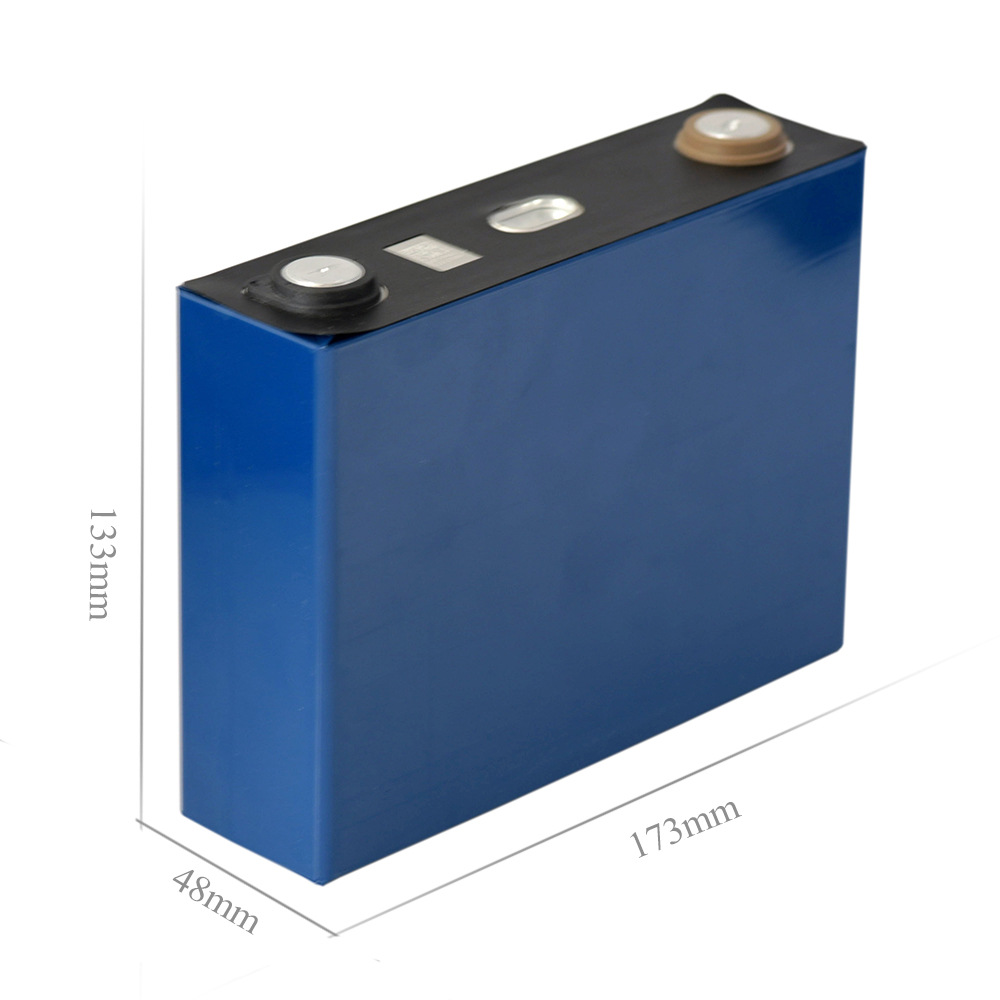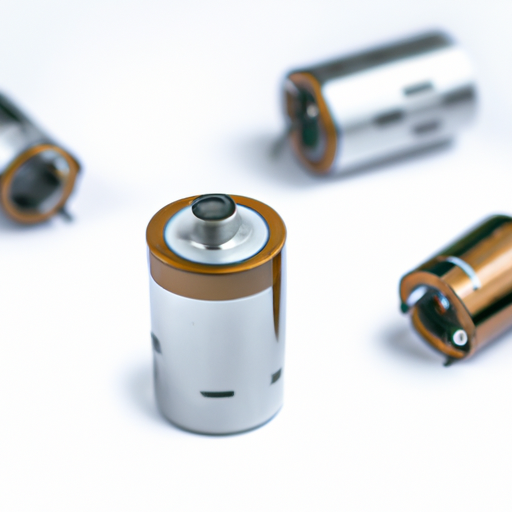Advantages of using lithium battery UPS as a power supply management system. Lithium battery UPS is a new type of lithium battery energy storage power supply. Compared with traditional UPS lead-acid batteries, it has the advantages of environmental protection, safety, long service life, high temperature resistance, and no memory effect. The use of lithium batteries as a UPS power supply battery-powered management system has begun to be adopted by customers. So, what are the advantages of lithium battery UPS management system? Follow the footsteps to explore together. 1. Advantages of using lithium battery UPS as a power supply management system Today, for UPS battery power supply systems, the initial capital expenditure of lithium-ion batteries is only 1.4 times that of lead-acid batteries, but the total cost of ownership (TCO) of lithium-ion batteries for 10 years can be saved by 10%-30%. The advantages are as follows: ① Light weight Lithium batteries are about one-third lighter than lead-acid batteries. This can save data center construction costs because there is no need to reinforce the floor to bear more weight. It also saves transportation costs because more lithium-ion batteries can be transported at the same cost compared to lead-acid UPS batteries. ② Long life The cycle life of lead-acid batteries is about 300 times. For lithium iron phosphate batteries, the capacity of the monomer is still greater than 80% after 2,000 cycles at 1C charge and discharge at room temperature, and the 3C cycle life reaches more than 800 times. ③ Fast-charging lithium battery UPS can charge and discharge quickly at a high current of 2C. The battery can be fully charged within 40 minutes at 1.5C under a dedicated charger, and the starting current can reach 2C, while lead-acid batteries do not have this performance now. ④ Higher energy density Lithium battery UPS has higher energy density (Wh/kg, or watt-hour per kilogram) and power density. The energy density is 3 to 4 times that of lead-acid batteries, 2.5 times that of nickel-cadmium batteries, and 1.8 times that of nickel-hydrogen batteries. ⑤ High-temperature resistant lithium battery packs can operate at a temperature of 86°F (30°C), which is nearly 10°C higher than lead-acid batteries. The thermal peak of lithium iron phosphate battery UPS can reach 350~500℃, and the operating temperature range is wide (-20~+75℃). ⑥ Reduce maintenance and reduce costs. Lithium batteries are equipped with a built-in battery management system (BMS), which can provide monitoring and maintenance functions such as automatic status, fault monitoring, battery balancing, power optimization and external communication. Lithium battery UPS can reduce labor and maintenance costs, and significantly reduce the risk of battery pack failure. ⑦ Environmentally friendly and pollution-free lithium iron phosphate materials do not contain any heavy metals and rare metals, are non-toxic, and are pollution-free in both production and use. They comply with European RoHS regulations and are green and environmentally friendly batteries. However, there is a large amount of lead in lead-acid batteries. If they are not properly handled after they are discarded, they will still cause secondary pollution to the environment. ⑧ No memory effect. Lithium iron phosphate battery packs can be charged and used at any time regardless of their state, without having to fully discharge them before charging. 2. UPS lithium battery application case in bank system: The design, development, construction, operation and maintenance of large-capacity UPS lithium battery energy storage system were carried out in the Caohejing Disaster Recovery Center of Bank of Communications, thus taking the first step in combining bank big data with lithium battery energy storage technology. In July 2016, a full set of lithium battery UPS energy storage system was officially built in Caohejing Data Center, and it was successfully connected to the grid once and officially entered the demonstration application stage. After half a year of grid operation, Aerospace Power and users jointly conducted on-site actual discharge tests, and all performance of the system reached the expected goals. The successful application of the lithium battery UPS energy storage system is also an important practice for Aerospace Power to promote the development of the "four new economies" and realize the transformation from a "battery manufacturer" to a "power system solution provider and mainstream supplier of complete equipment." It is reported that if the lithium battery energy storage system is fully promoted and applied in the banking industry, the output value can reach tens of billions of yuan, which is expected to become a new growth highlight.
3. Future prediction and outlook of UPS lithium battery management system For large data centers, the amount of savings from using UPS lithium battery system will be huge, so lithium battery power supply system will gradually increase in the enterprise sector. Lithium ion chemistry is also continuing to improve. New solutions and technologies will appear over time, and the price of lithium batteries will further decline. It is inevitable that lithium batteries will replace lead-acid batteries. From the perspective of long-term use, lithium battery UPS can save 10% or more. At present, lithium batteries have begun to replace lead-acid batteries in UPS abroad. More companies have begun to accept lithium batteries replacing lead-acid batteries. In some countries (such as South Korea), the process of lithium batteries replacing lead-acid batteries is very fast, and the proportion of lithium batteries has reached 30%. There are even all-lithium battery UPS systems like Shinhan Bank. In summary: It will be a trend to use lithium battery UPS as a power supply management system, and UPS power supply with lithium batteries as energy storage has more advantages.












